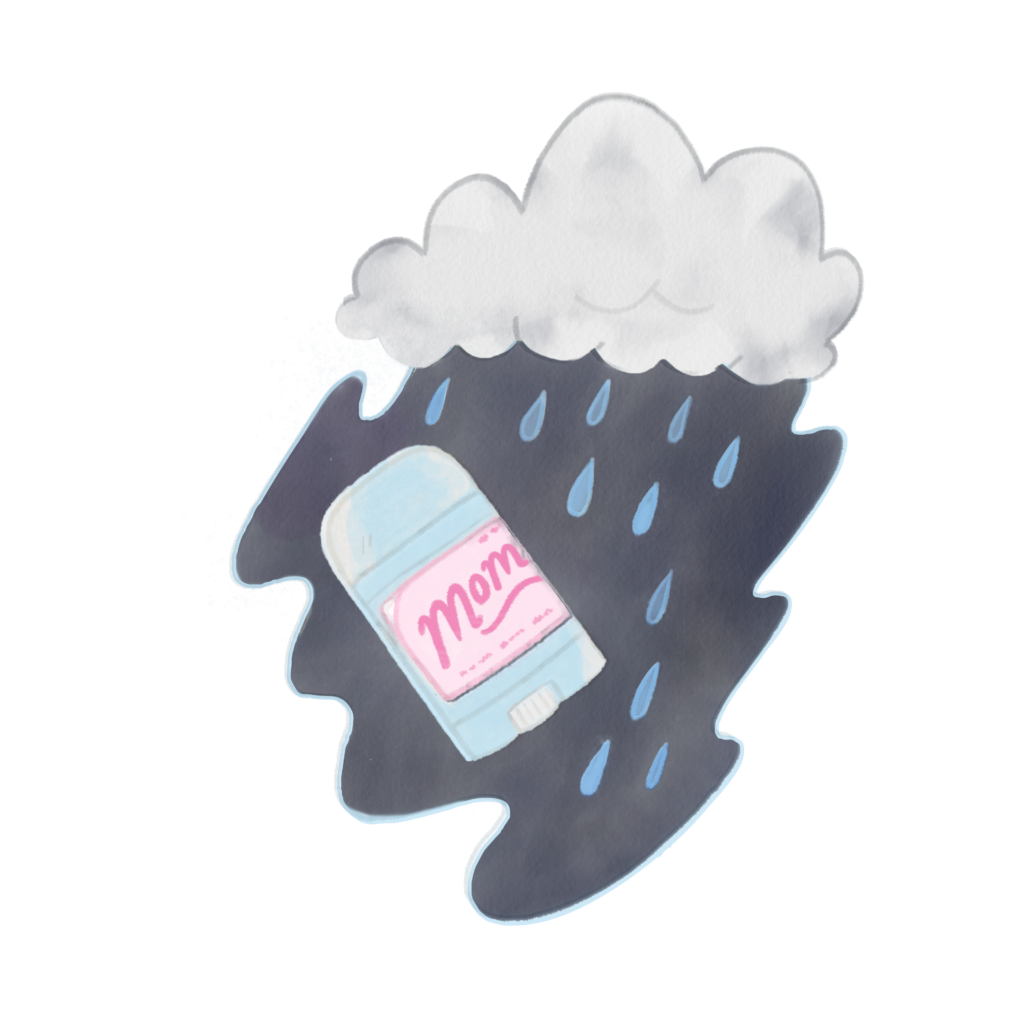





Chapter 3. Treatment Copy

Tasha seems smaller, defeated as she slouches into herself. You offer up another smile, as you continue, “Different people respond to traumatic events in different ways. So there isn’t a ‘right’ or ‘wrong’ way of responding to it, okay?”
Tasha slowly nods.
“When we talk about ‘posttraumatic stress,’ we’re talking about four categories. The first category is called ‘re-experiencing,’ which is when you can’t get thoughts, images, or sounds of what happened out of your head.”
“That happens to me all the time!” Tasha exclaims with wide eyes. “When my mom and I saw my uncle that time…” She trails off, turning to look towards her mom and then shutting her eyes. “That scene always comes to my mind, even when I’m not trying to think about it.”
“Yes, exactly,” you nod. “Or you might feel like you’re back at the time and place when the bad things were happening.”
“Yeah,” she hugs her arms around herself. “Sometimes I can smell the smells that were there. I smell the mixture of my mom’s deodorant and…” Tasha trails off again. “And rain.”
“That’s what we call ‘re-experiencing,’” you confirm, observing the glaze washing over Tasha’s eyes. “The second category is avoidance. This is when people avoid upsetting thoughts or feelings, or objects or situations, that remind them of trauma. Is there anything you can think of that might be avoidance?”
Tasha stares up at the ceiling, gears turning. “I never go to the neighborhood where my uncle was killed.”
You nod. “That’s a way your body’s dealing with the trauma. And while you may not want to, in the long run you may not always be able to avoid going there, and avoiding in general may make you feel worse.”
You notice a twitch in Tasha’s left eyebrow.
“Don’t worry, we’ll talk about that a little later.”
Tasha lets out a long breath.
“The third category is a range of reactions, what we call ‘negative cognitions and mood.’ A person might feel sadness or shame, or blame themselves for what happened. But sometimes it could just mean having a hard time feeling happiness.”
“Oh, I feel like that all the time,” Tasha says dolefully. “You know, that thing with my cousins… I feel guilty because, probably…” She stops. But then she gathers herself quickly, “If I told my mom about the situation it wouldn’t have happened again. So. …Anyway…I can’t really enjoy things. I’m not sad, but I can’t be happy. Like, when I’m hanging around with my friends, they want to have fun and all, but I don’t know. I’m not up for it. Like, what’s the point of goofing around?” Tasha shrugs and slouches into the couch.
“I understand, Tasha. I really do. And we’ll make sure to address each of these specifically, okay?”
“Okay,” Tasha mutters.
You lean in, and continue, “The final category of trauma reactions is called ‘hyperarousal.’ It’s when you’re constantly on the lookout expecting something bad to happen again. You might feel jumpy or get startled easily.”
“Oh, that’s also how I feel!” Tasha exclaims, sitting straight up. “Worrying all the time, waiting for something bad to happen. I always feel like only bad things are gonna happen in the future. But I’m not sure there’s even a future, you know? Like, everything is just… blurry.”
“I can imagine how difficult it is to live like that,” you respond, compassionately. “You’ve been experiencing a lot of trauma reactions. One of our goals for treatment is to teach you skills to manage those reactions, so that you’ll feel better and not so stressed all the time.” You pause, considering the right words. “It’s important to understand that posttraumatic stress doesn’t automatically get better with time.”
Tasha looks up, alarmed. “But people say the exact opposite! That if you’ve experienced bad things, it’s gonna get better with time…”
You slowly shake your head, careful not to sound dismissive. “Those people were trying to be helpful, because thinking about it can be painful. But it’s important to remember that pretending like stress or trauma isn’t there, or never happened, can sometimes make things worse. If we don’t treat it, posttraumatic stress can start affecting your physical health.”
“Oh my…”
“It’s like a cut: it hurts when you clean the wound, but it can get infected if you don’t treat it. Does that make sense?”
Tasha ponders before asking the question, “What do I do about it?”
“You’re already doing it,” you smile. “And there’s been a whole lot of research showing that treatments like Cue-Centered Therapy actually do work.”
